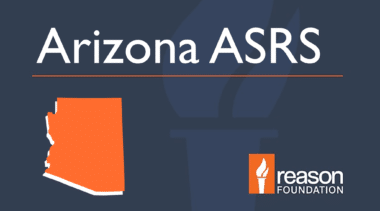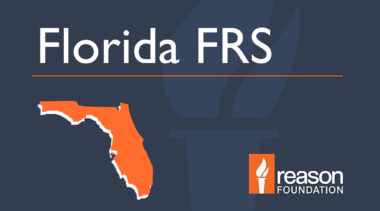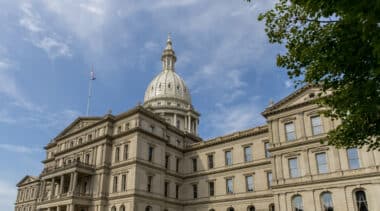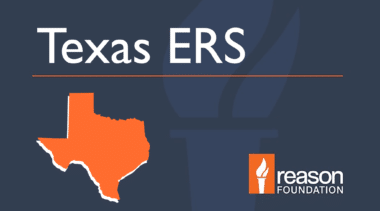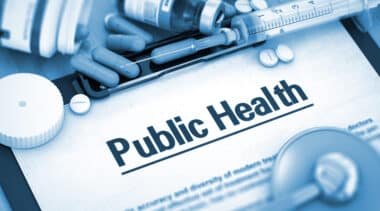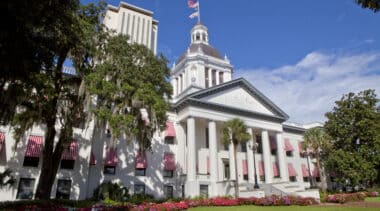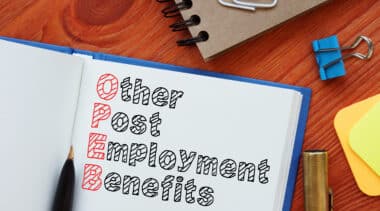-
Florida Retirement Cost Increases Highlight the Need for Pension Reform
Florida legislators will have to address an additional $2.3 billion in FRS costs in the next eight years.
-
Rethinking Interstate Rest Areas
This policy brief suggests that a 21st-century Interstate system should have state-of-the-art service plazas in addition to new pavement, improved bridges, and redesigned and rebuilt interchanges in many urban areas.
-
What Factors Impact Public Pension Reform?
This brief analyzes several different factors that impact the likelihood of state policymakers making changes to a pension plan.
-
Mass Transit Systems Face Critical Challenges Now and When COVID-19 Pandemic Is Over
Public transportation is uniquely sensitive to changes in the number of people working from home, changes in commuting patterns, and concerns over public health and safety.
-
Public Health Models and Related Government Interventions: A Primer
What are the main concepts and models of public health? To which extent do public health considerations require government intervention?
-
Nebraska’s Growing Municipal Pension Funding Challenges
Omaha and Lincoln have made progress in addressing pension issues in recent years, but unfunded liabilities are likely to continue to grow and harm city finances.
-
The Challenges Facing the Florida Retirement System Explained
Why Florida's pension debt is rapidly growing, how public pensions are really funded, the ways Florida is failing to provide retirement security to workers, and more.
-
Montana Public Employee Retirement System (MPERS) Pension Solvency Analysis
The Montana Public Employee Retirement System public pension plan is only 74 percent funded.
-
Express Bus and Express Lanes System for the San Francisco Bay Area
This study examines how a new approach to bus transit could assist in improving mobility in the region.
-
Analysis of New Mexico House Bill 12: The Cannabis Regulation Act
Recently proposed legislation in New Mexico represents the most streamlined legislative proposal for marijuana legalization in the state to date.
-
Survey of State & Local Government OPEB Liabilities
State and local governments have $1.2 trillion in net OPEB (other post-employment benefits) liabilities.
-
Challenges and Opportunities for Federal Automated Vehicle Policy
This policy brief aims to provide guidance to federal policymakers as they work to develop a pro-innovation national framework for automated vehicles.
-
Fiscal Explainer: Texas Charter School Funding Analysis
Between 2015 and 2019, the inflation-adjusted funding gap between public charter schools and traditional public schools grew by about 36 percent—from $596 per pupil to $813 per pupil.
-
Would a Green Fiscal Stimulus Help the Environment and the Economy?
This policy brief considers the main “green recovery” proposals and evaluates whether they would achieve their stated objectives.
-
Examining Private Equity in Public Pension Investments
Public pension systems should thoroughly evaluate the downsides of private equity investing before increasing their allocations to the asset class.

